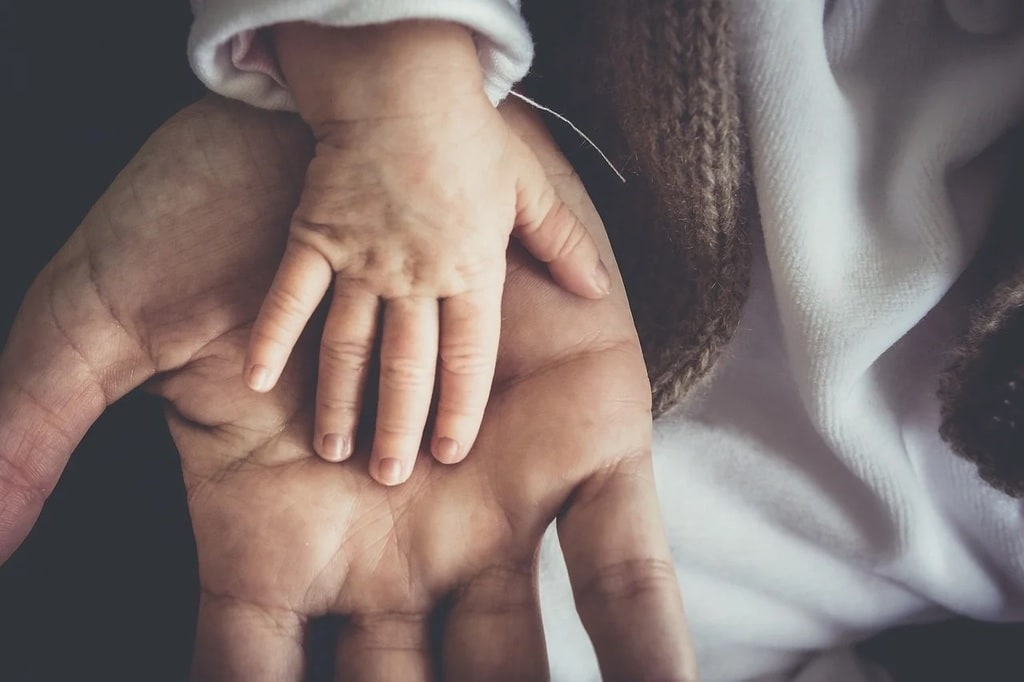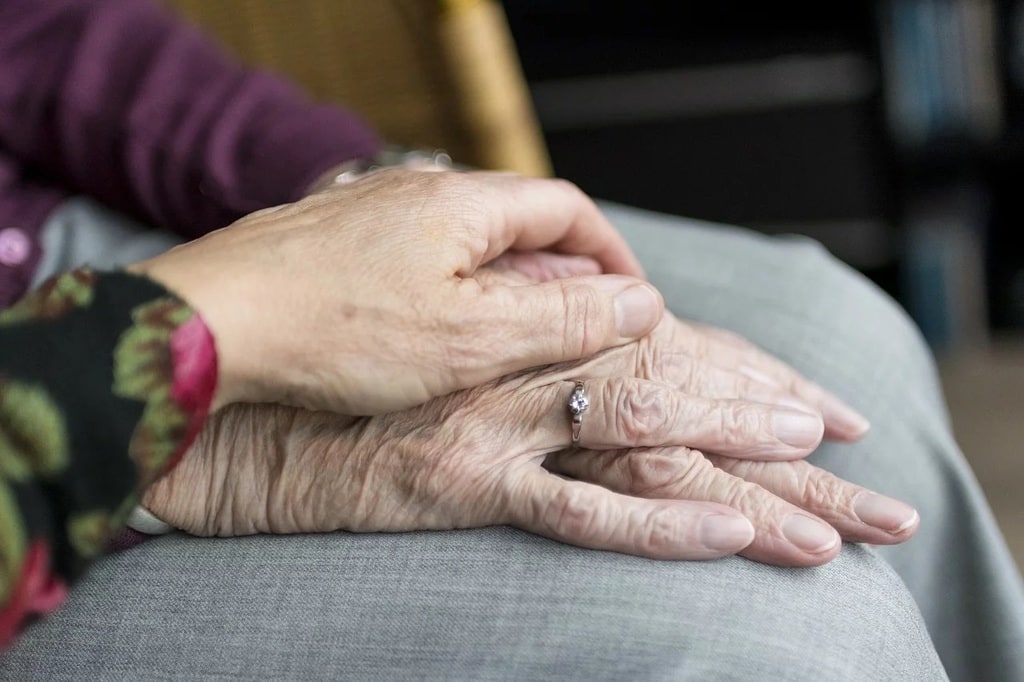In an era frequently dominated by technological advancements and fast-paced lifestyles, the enduring power of kindness often goes unnoticed. Yet, kindness remains a fundamental tenet of human interaction that holds the potential to transform societies in subtle yet profound ways. By fostering genuine connections and encouraging mutual respect, kindness can serve as a quiet catalyst for social change, creating ripples of positivity that extend far beyond individual gestures.
Kindness: the Silent Force of Change
While revolutions are typically associated with loud upheavals and visible shifts, kindness operates with a different kind of energy. It moves quietly through daily interactions, shaping communities one act at a time. This silent force of change has the power to alter social dynamics, making kindness a revolutionary tool that is both effective and sustainable. Through small yet significant actions, people are able to bridge gaps and build bridges across diverse communities.
The transformative potential of kindness lies in its ability to foster empathy and understanding. These qualities are essential for addressing societal challenges, as they encourage individuals to see beyond their own experiences. When practiced consistently, kindness can lead to environments where people not only coexist but thrive together. This nurturing of shared humanity can ultimately lead to more inclusive and compassionate societies.

The Benefits of Kindness in Society
Kindness is not merely a moral virtue; it has tangible benefits that can enhance the fabric of society. Engaging in kind acts has been shown to boost mental health, reduce stress, and increase overall life satisfaction. Moreover, these benefits are not limited to the recipient; the giver also experiences a boost in well-being. Therefore, kindness acts as a reciprocal exchange of positive energy that strengthens social bonds and fosters community resilience.
Communities that prioritize kindness often see a reduction in social tensions and an increase in collaborative efforts. This is because kindness promotes a culture of trust and mutual respect, which are essential for resolving conflicts and finding common ground. By encouraging open communication and empathy, kindness acts as a foundation for peaceful coexistence and collective problem-solving.
Practical Ways to Foster Kindness
For kindness to become a social revolution, it must be integrated into daily life. Here are some practical ways to cultivate kindness within communities :
- Encourage active listening: taking the time to truly hear others fosters understanding and empathy.
- Promote volunteerism: volunteer activities provide opportunities to help others and strengthen community ties.
- Celebrate diversity: embracing different cultures and perspectives enriches community interactions.
- Recognize acts of kindness: acknowledging and appreciating kind acts encourages more of the same behavior.
- Foster inclusive spaces: create environments where everyone feels welcome and valued.
Implementing these strategies can create a ripple effect, encouraging others to adopt kindness in their own interactions. When kindness becomes a collective habit, it transforms the social landscape, making it more inclusive and supportive.
The Future of Kindness in Society
As society continues to evolve, the role of kindness remains ever-relevant. In a world increasingly characterized by division, the simple yet profound act of kindness offers a pathway to unity and understanding. By choosing kindness, individuals can influence the world in meaningful ways, contributing to a future where empathy and compassion are the norm.
The impact of kindness extends far beyond immediate interactions. It has the power to inspire movements, shift perspectives, and create lasting change. As the world faces complex challenges, kindness emerges as a timeless solution that can guide societies toward harmony and progress. Through the quiet revolution of kindness, there lies the potential for a more connected and empathetic world.
